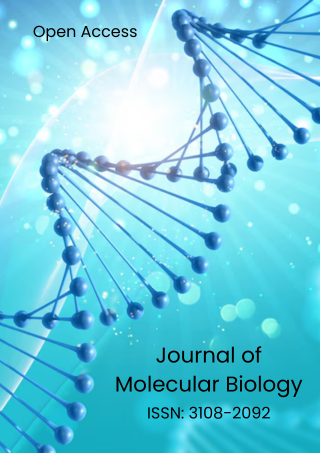Model Organisms in Molecular Research
Model organisms in molecular research are species that are extensively studied to understand biological processes at the molecular, cellular, and genetic levels. These organisms are chosen for their simplicity, genetic similarity to humans, short life cycles, and ease of maintenance in laboratory settings. Common model organisms include Escherichia coli (a bacterium used in gene expression studies), Saccharomyces cerevisiae (yeast, used to study cell division and genetics), Caenorhabditis elegans (a nematode useful in developmental biology), Drosophila melanogaster (fruit fly, widely used in genetics and developmental studies), Danio rerio (zebrafish, important in developmental and genetic research), and Mus musculus (mouse, a primary model for human disease). Research using model organisms has led to significant discoveries in gene function, disease mechanisms, and drug development, advancing both basic and applied biomedical science.
Article Processing Timeline
| 2-5 Days | Initial Quality & Plagiarism Check |
| 15 Days |
Peer Review Feedback |
| 85% | Acceptance Rate (after peer review) |
| 30-45 Days | Total article processing time |
Journal Flyer


